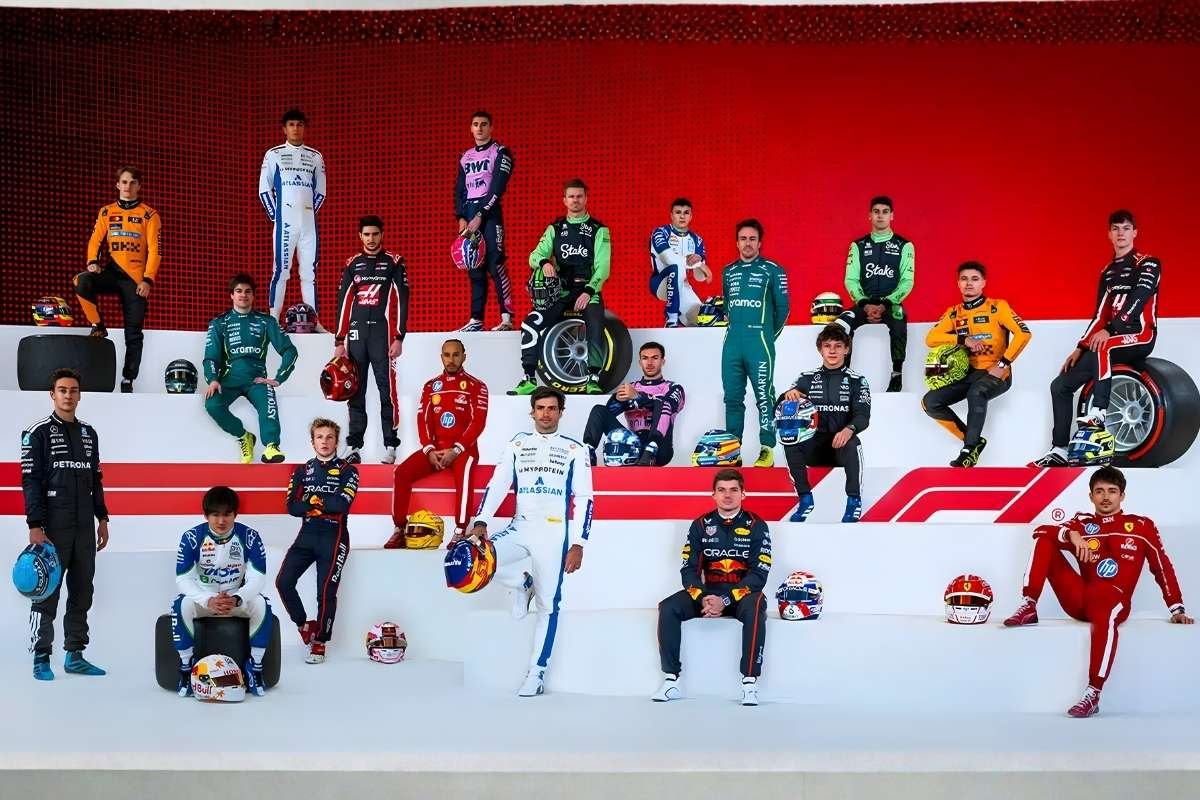In a culture driven by instant gratification, crash games psychology reveals a compelling paradox: players are drawn to the adrenaline of risk, yet often find themselves caught in a loop of repetitive behavior. This dynamic invites deeper exploration into how game mechanics influence human decision-making and emotional response.
As participants engage in these infinite loops, they confront the fine line between excitement and boredom. Each spin or click becomes a ritual, a dance with fate that blends anticipation and tedium. Understanding this dynamic offers insight into why these games continue to captivate audiences, despite their repetitive nature. Exploring the boredom of the infinite loop reveals deeper truths about our relationship with risk, reward, and the rituals we create in pursuit of fleeting thrills.
Understanding Crash Games
Crash games involve a distinctive form of gambling where players bet on the outcome of a rising multiplier. The objective centers on cashing out before the multiplier crashes, creating an environment that thrives on uncertainty. The appeal lies in the potential for substantial rewards and adrenaline-packed moments, yet these elements also contribute to their repetitiveness. Players often find themselves entranced, engaging repeatedly in the same cycle of risk and risk management.
Definition of Crash Games
Crash games represent a genre of interactive gambling that features escalating multipliers which abruptly cease. Players initiate bets and watch as a visual indicator rises alongside the multiplier. A successful engagement occurs when players cash out prior to the point of failure. This format emphasizes risk assessment and strategic decision-making, making it a unique and captivating avenue within online gaming landscapes. Platforms like aviator crash game provide a space for players to engage in these high-stakes, fast-paced games.
Dynamics of Gameplay
Crash games psychology offers insight into gameplay dynamics driven by rapid rounds and emotionally charged wagering decisions. Each session unfolds quickly, leaving little room for reflection. As multipliers rise, tension escalates, pushing players to time their cash-outs with precision. The thrill of potential gains stands in stark contrast to the anxiety of sudden loss. These outcomes shape future betting behavior, reinforcing a cycle built on repetition and deep psychological engagement.
The Concept of the Infinite Loop

The infinite loop within gaming mechanics represents a recurring pattern that captivates players, often beyond their initial intent. Fundamental to this experience is the concept of repetition, which can shape psychological responses and influence decision-making.
Psychological Impacts of Repetition
Repetition fosters a sense of familiarity, which can lead to both comfort and entrapment. Players often develop routines, finding solace in the predictable nature of repeated actions. This cycle can heighten emotional investment, where thrill and disappointment generate a rollercoaster of feelings with each successive play. The monotonous cycle may also induce disengagement, leading to boredom despite the initial excitement. Psychological research indicates that these repetitive experiences can alter a player’s mental state, creating a paradox where a person feels both immersed and disconnected from the activity.
The Role of Anticipation
Anticipation significantly enhances the gaming experience, as players eagerly await potential rewards. This expectation can lead to heightened arousal levels, driving the thrill associated with possibly achieving a win. Each interaction builds suspense, encouraging players to participate repeatedly in search of a favorable outcome.
The dynamics of this anticipation are complex, as they can propel individuals into cycles of obsession, where the desire for accomplishment overshadows rational decision-making. The anticipation of rewards intertwines with the repetitive patterns of the game, deepening the psychological effects of engagement and solidifying the draw of this activity.
The Boredom Factor

The repetitiveness of gaming can lead to boredom, stemming from various factors. One primary cause is the predictable nature of game mechanics, where repeated actions create monotony. Players often find themselves engaging in familiar routines, which over time diminish excitement.
Another factor is the fleeting nature of rewards; while early successes may initially captivate players, the novelty often wears off, resulting in diminished emotional responses. The emerging pattern of winning and losing can feel more like a chore than a thrill, leading to disengagement—a pattern well-documented in crash games psychology.
To combat boredom, players can explore several strategies. Diversifying gameplay by trying different genres or game modes can reignite interest and mitigate repetitiveness. In a similar way, staying updated with the latest technological trends, like those covered in The Enterprise Diary, can keep gamers engaged with new innovations. Setting personal challenges, such as achieving specific goals or mastering new skills, offers a fresh perspective and engages players more deeply. Social interaction adds another layer of enjoyment; playing with friends or joining communities can enhance motivation and create shared experiences. Periodic breaks from gaming can also refresh engagement, allowing players to return with renewed enthusiasm and a fresh outlook.
Cultural Significance of Repetition

Crash games psychology reflects a broader cultural truth: repetition plays a vital role in shaping how communities interpret experiences and expressions. This concept is echoed in art and media, where cyclical patterns are used to captivate audiences. Just as artists employ recurring motifs and themes to evoke emotion and provoke thought, crash games rely on repetitive structures to create immersive, emotionally charged environments.
For instance, minimalist music employs repetitive phrases to induce a meditative state, allowing listeners to explore their feelings deeply. Similarly, films often utilize narrative loops or callbacks, reinforcing themes and enhancing audience connection. These repetitive structures create familiar touchpoints that invite exploration while simultaneously encouraging deeper understanding.
Within gaming communities, rituals of repetition serve as a bonding mechanism among players. Participating in routine gameplay fosters connections, creating a shared language that transcends individual experiences. Many gamers engage in weekly challenges or daily quests, forming a predictable structure that strengthens camaraderie. These rituals often become social events, where players celebrate victories and share strategies.
Games frequently incorporate elements to encourage collaboration and competition, establishing an environment that thrives on ongoing interaction. The act of returning to familiar tasks fosters comfort while amplifying collective investment in the experience. Ultimately, these rituals contribute to a dynamic culture that embraces repetition as a pathway to connection and shared identity.
Conclusion
The allure of crash games lies in their ability to blend excitement with the mundane. Players find themselves caught in a cycle that both thrills and bores them. This paradox reflects deeper psychological patterns where the desire for risk and reward intertwines with the comfort of repetition.
As players move through cycles of anticipation and letdown, crash games psychology highlights how routine behaviors shape their experience. By adopting strategies that disrupt monotony, they can reconnect with the excitement that first drew them in. In the end, examining crash games psychology offers more than insight into gameplay—it reflects deeper patterns of human behavior and emotional engagement.


















